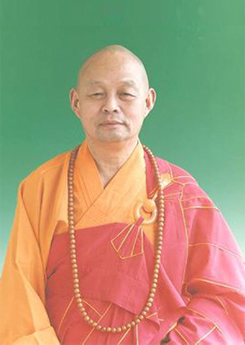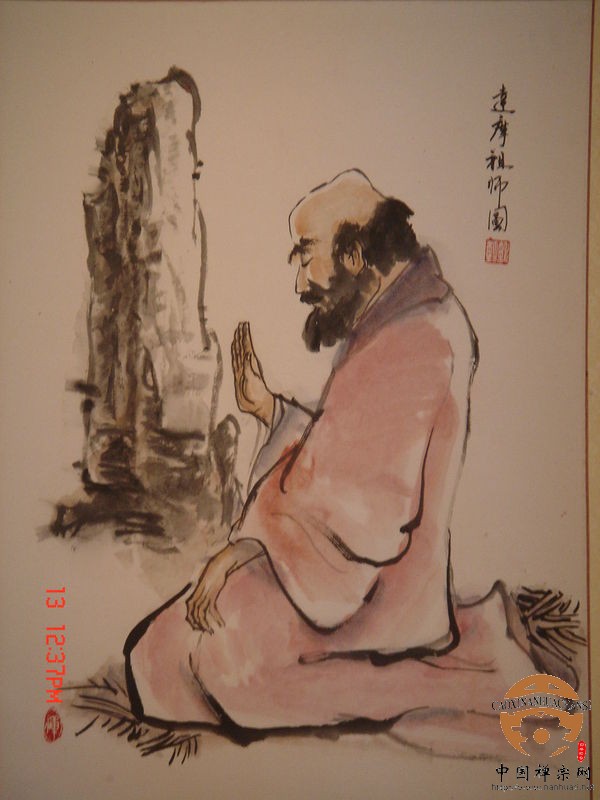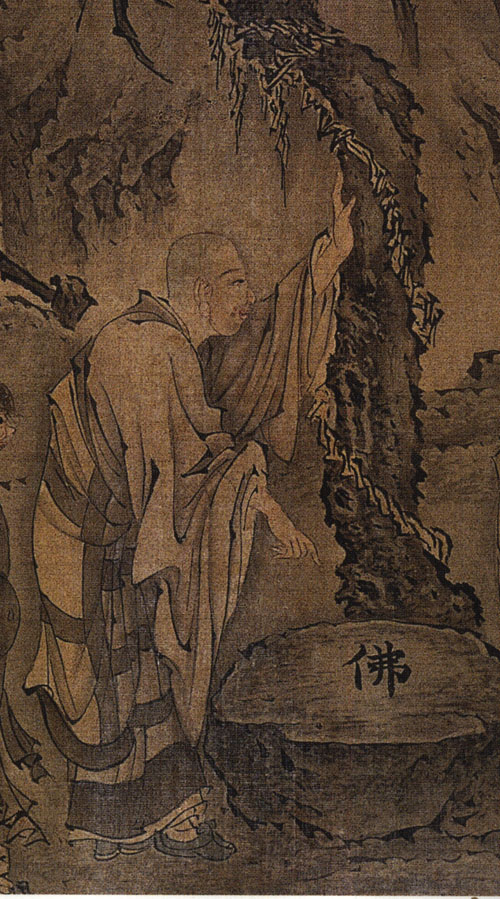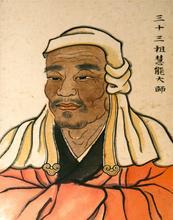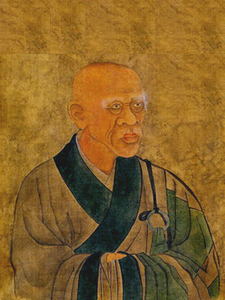Jinghui, whose ancestral home is Xinzhou, Hubei, was born in 1933. At the age of one and a half, they were sent by their parents to the nunnery for upbringing. At the age of 14, he studied Buddhist scriptures at the Three Buddhist Temples in Wuchang, which laid a foundation for his religious character and ideal of devoting himself to Buddhism. In 1951, when he was 18 years old, he went to Yunmen Temple in Guangdong Province to receive a monk's precept. He was able to serve old monk Xuyun, the leader of modern Chinese Zen, in person. He was highly respected because of his quick understanding. In 1952, he became the disciple of old monk Xuyun. From 1956 to 1963, he studied at the China Buddhist Academy in Beijing and was one of the first batch of Buddhist graduate students in New China. From 1963, they were wrongly classified as "Rightists" and moved to Beijing, Guangdong, Hubei and other places to accept labor reform. In 1979, after implementing the policy, he returned to Beijing, engaged in Buddhist cultural propaganda in the Chinese Buddhist Association, participated in the establishment of Fayin magazine, and served as the editor in charge; In 1984, he began to serve as the chief editor of Fayin. In the same year, he was elected the executive director of the Chinese Buddhist Association. Since 1993, he has been elected as the vice president of the Chinese Buddhist Association.
In 1988, invited by the relevant departments of Hebei Province and appointed by the Chinese Buddhist Association, he participated in the establishment of the Hebei Buddhist Association and served as its president, presiding over the revival of Buddhism in Hebei Province. In 1989, he founded Zen. From 1988 to 1991, he assisted Master Youming in repairing the Zhengding Linji Temple, carrying out various large-scale Dharma promotion activities such as lecturing and teaching at home Bodhisattva precepts. Since the winter of 1991, he has presided over the revitalization of the Berlin Temple in Zuting, Zhaozhou, which has turned the Berlin Temple from a ruin into a solemn and grand jungle. He has organized a group of monks to promote Buddhism and practice in Hebei. Since 1993, the "Life Zen Summer Camp" has been held in Berlin Temple every year, advocating the life Zen with the purpose of "realizing life and giving life", which has had a wide impact on the Buddhist community and society.

